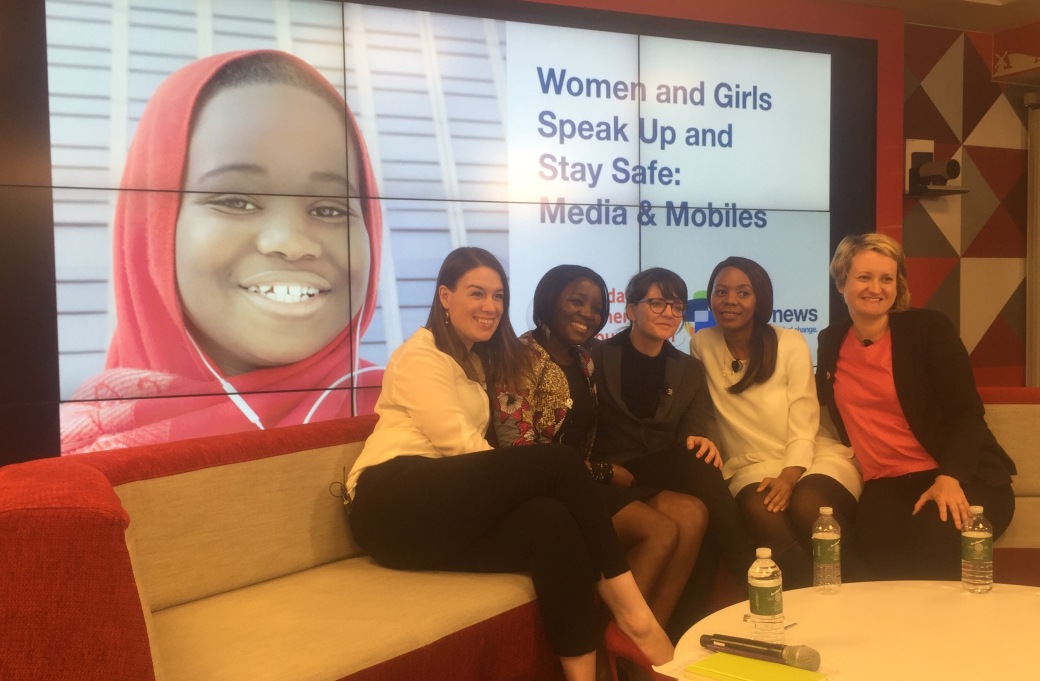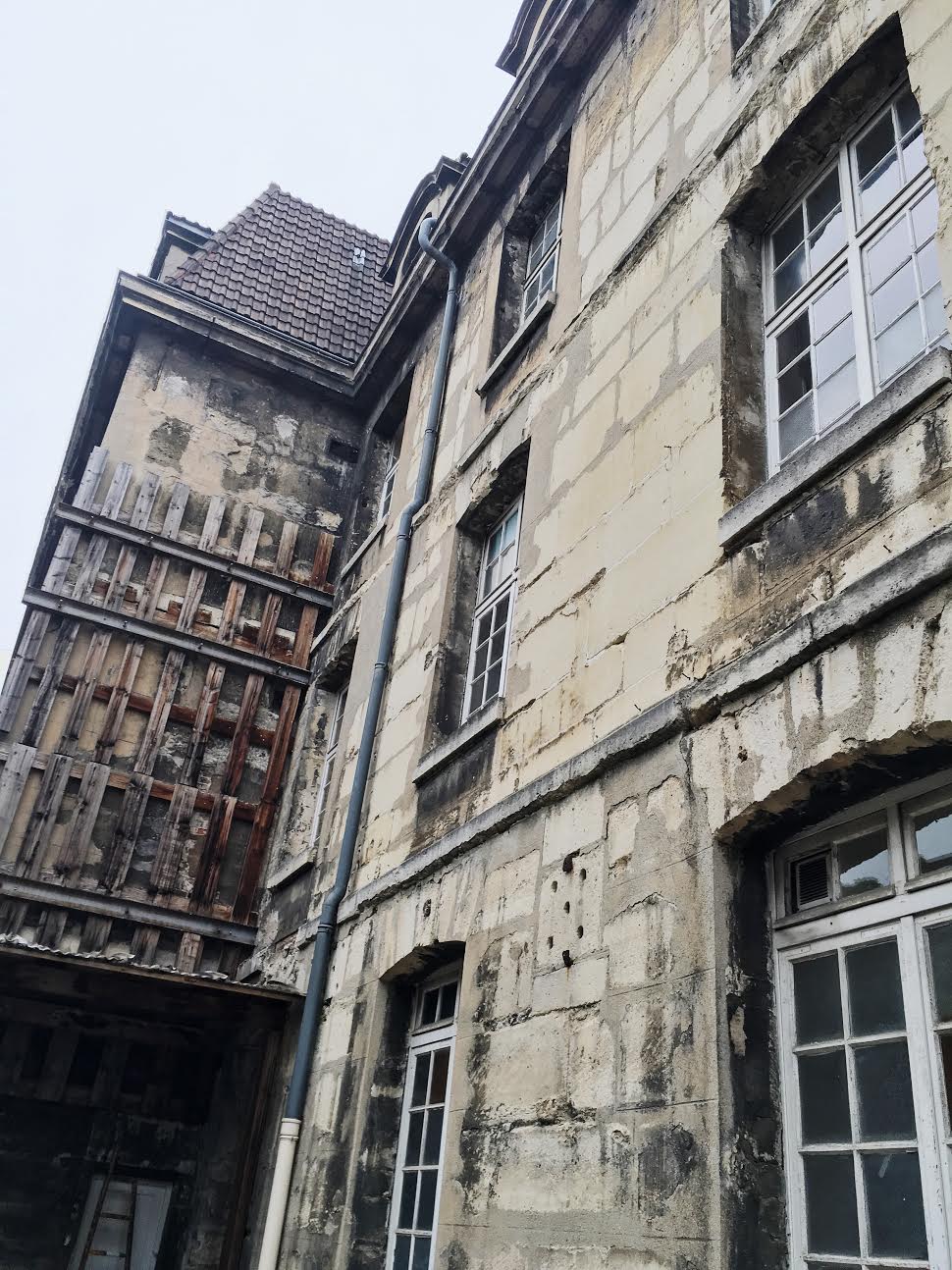My time in NY is coming to a close — and I have some mixed feelings about it. Since we last spoke I have taken up two other jobs (that pay…thank God) and have really been experiencing the “grind” lifestyle that NY cultivates. Between working for a celebrity chef, taking guitar lessons in French from a man on craigslist, and becoming the Director of Social Media for a human capital firm…I have been keeping busy. There’s an energy in this city that is guaranteed to lift you up, and then knock you down.
Internships are wonderful in that they are not only a time to get a taste of what you may want to pursue as a career, but they also can help you discover what you may not want to continue doing. My internship with NMAP has been very fulfilling in that I am much more aware of human rights violations globally and how a small non-profit functions. That being said, my time at NMAP also gave me an itch, an itch to forget about school, get on a plane, and start helping people hands-on in the countries I saw in their documentaries. I am grateful to have been hosted by NMAP because I have been exposed to human rights organizations globally that they partner with, and I am inspired to do more work internationally.








